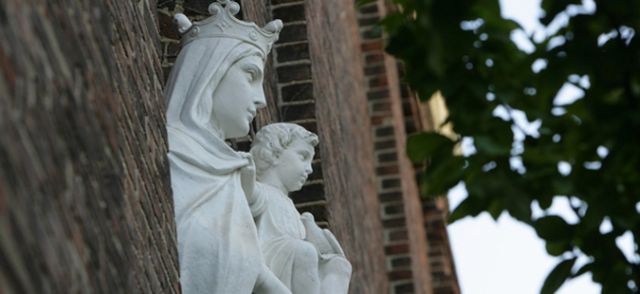
Religious Studies Faculty Publications
Document Type
Article
Publication Date
1-2015
Publication Source
Journal of Moral Theology
Abstract
Does technology enable those who are disabled to be fuller members of society, or does it ultimately seek to eradicate disability and so promote a kind of eugenics against those who are disabled? In the late 1990s and early 2000s, literature and debate on this question ran rampant. A common example is that of cochlear implants, which endured much debate at the time within the Deaf community regarding whether they eradicate an impairment— or whether implants actually do away with entire communities of the Deaf and thus displace an important minority culture. Yet, very little is written today on this question. Is it because the question is settled, or because we have become satisfied with the presumed answers? (Answers which, repeatedly, tend to be: decisions regarding cochlear implants should be left up to patients, focused on their autonomy, and almost entirely avoiding the more troublesome question of whether a culture is being eradicated.)
Inclusive pages
90-110
ISBN/ISSN
2166-2851
Document Version
Published Version
Copyright
Copyright © 2015 by Jana Marguerite Bennett and Mount St. Mary’s University. All rights reserved
Publisher
Mount St. Mary's University
Volume
4
Issue
1
Peer Reviewed
yes
eCommons Citation
Bennett, Jana Marguerite, "We Do Not Know How to Love: Observations on Theology, Technology and Disability" (2015). Religious Studies Faculty Publications. 108.
https://ecommons.udayton.edu/rel_fac_pub/108



Comments
Document is made available for download in compliance with the journal's copyright transfer agreement and with the permission of the author. Permission documentation is on file. Browse the journal.